The German Federal Republic’s 1961 recruitment agreement with Turkey not only brought “guest workers” to Germany but also their music. Cem Kaya’s dense documentary film essay is a tutorial in Turkish-German recent history that tells a tale of assembly line jobs, homesickness and family reunification, the bazaar in the elevated railway station at Berlin’s Bülowstraße, xenophobia and racism, the wistful songs of the early years and the hip-hop of the post-reunification period. These are the stories shared by musicians beginning with Metin Türköz and Yüksel Özkasap, to the psychedelic Derdiyoklar and the chart-topping rapper Muhabbet. Their music has evolved a long way from that of German bands and has always developed out of the Turkish community and its desires. This is the world of Radio Yilmaz, various music cassette labels, protest rocker Cem Karaca’s German exile, and wedding bands that also sing in Kurdish and Arabic to meet the demands of the market. Extensive archival research and an interest in Turkish popular culture are recurring themes in Cem Kaya’s work. With Aşk, Mark ve Ölüm, he has created a rhythmic and vividly narrated cinematic encyclopaedia of Turkish music in Germany.
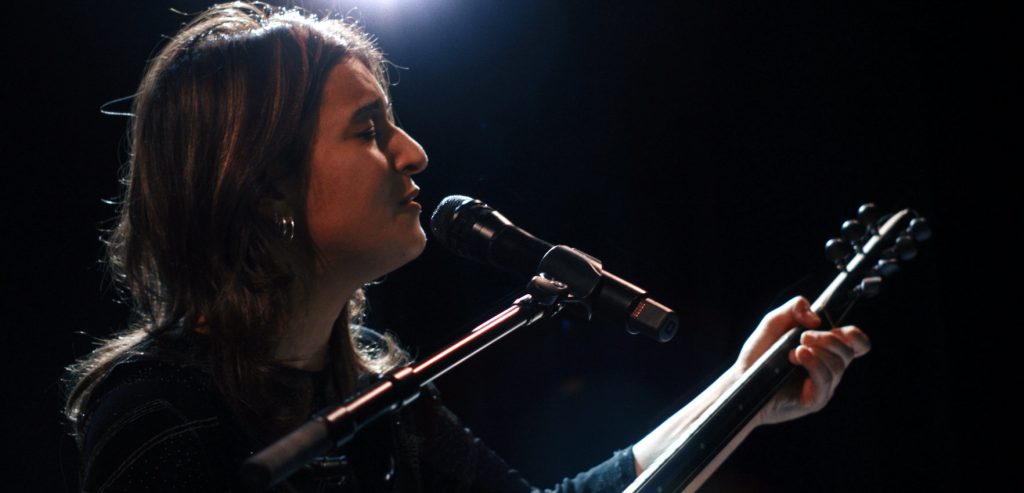
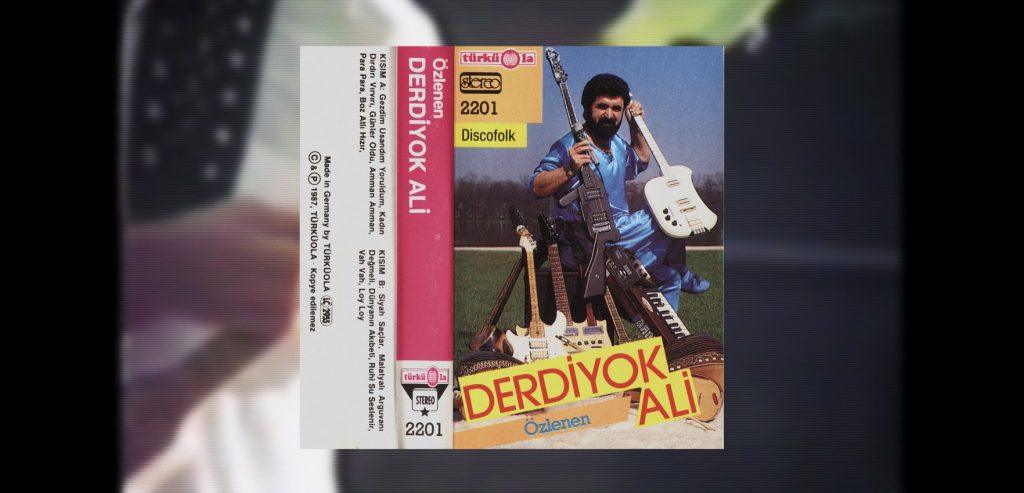
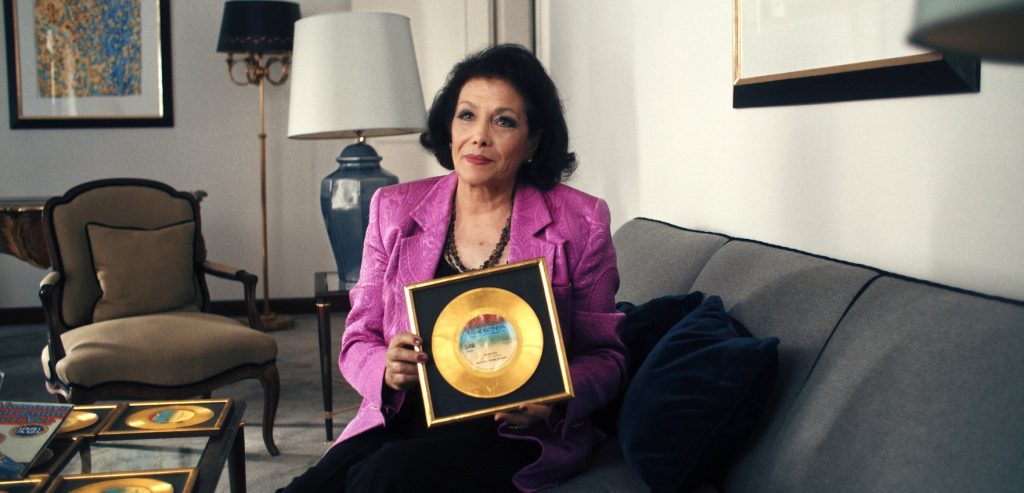
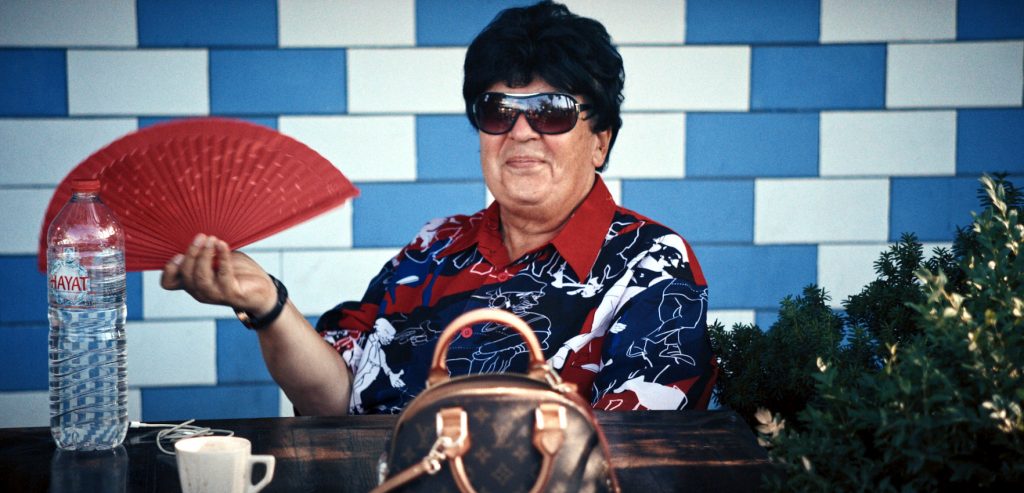
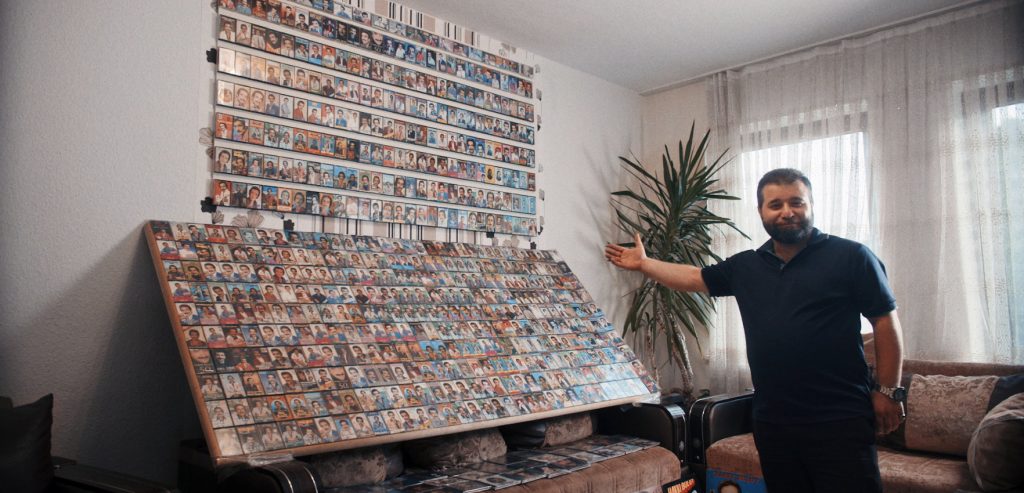
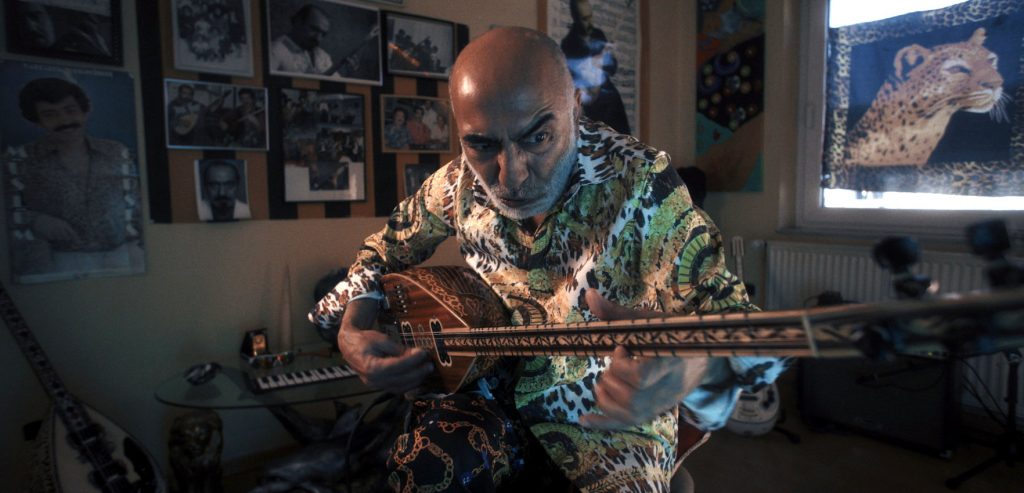
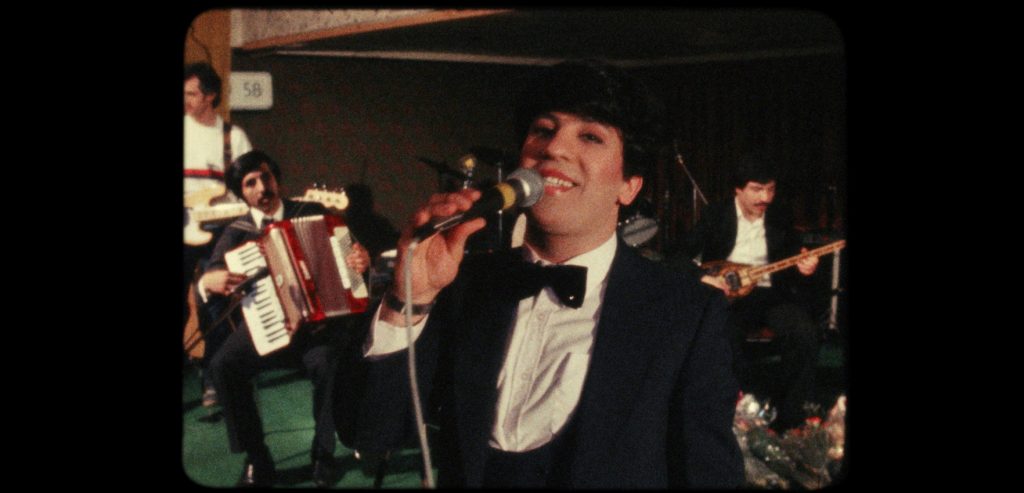
Credits:Aşk, Mark ve Ölüm
DE 2022, 96 Min., Türkisch, Deutsch, Englisch OmU
Regie: Cem Kaya
Buch Cem Kaya, Mehmet Akif Büyükatalay
Koautor*in Ufuk Cam
Kamera: Cem Kaya, Mahmoud Belakhel, Julius Dommer, Christian Kochmann
Schnitt: Cem Kaya
mit İsmet Topçu, Ömer Boral, Yüksel Ergin, İhsan Ergin, Metin Türköz, Adnan Türköz, Yüksel Özkasap, Cevdet Yıldırım, Ercan Demirel, Cavidan Ünal, Ata Canani, Cem Karaca, Betin Güneş, Aykut Şahin, Fehiman Uğurdemir, Cengiz Öztunç, Dede Deli, Mustafa Çetinol, Erdal Karayağız, İzzet Nihat Yarsaloğlu, Hatay Engin, Yasin Kıran, Aytaç Kıran, Serdar Saydan, Serkan Kaynarcalı, Rüştü Elmas, Mustafa Deniz, Oktay Vural, Orhan Amuroğlu, Ümit Gücüyener, Sultan Korkmaz, Bekir Karaoğlan, Ümit Çağlar, Ali Ekber Aydoğan, Killa Hakan, Kabus Kerim, Derya Yıldırım, Tümay Koyuncuoğlu, Rossi Pennino, Kutlu Yurtseven, Erci E., Alper Ağa, Boe B., Tahir Çevik, Volkan Türeli, Nellie, Muhabbet, Aziza A., İmran Ayata, Bülent Kullukcu, Ibrahim Ertalay, Ilkay Kökel, Mehmet Yozgut
Trailer:nach oben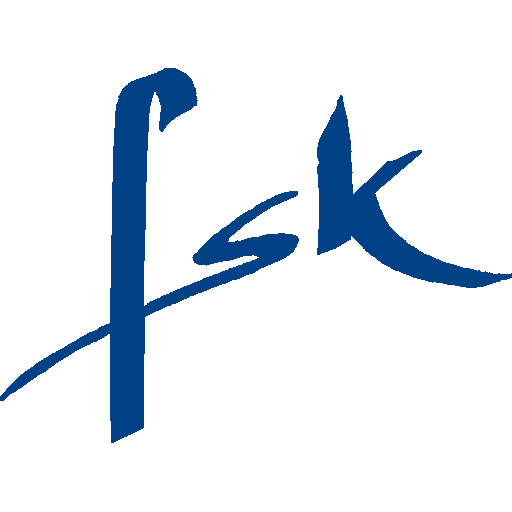
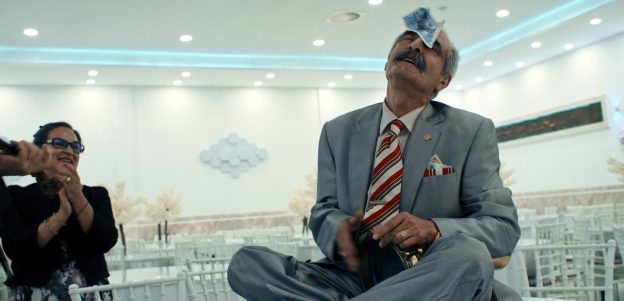
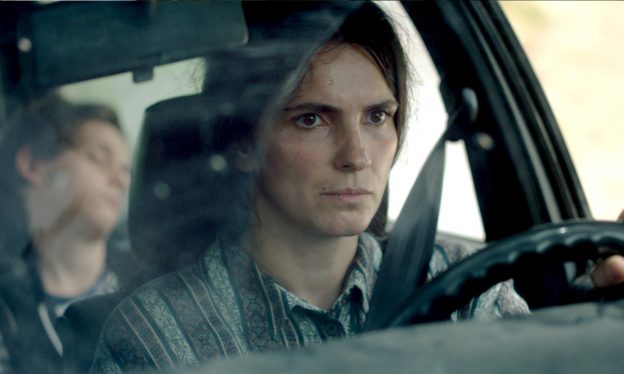
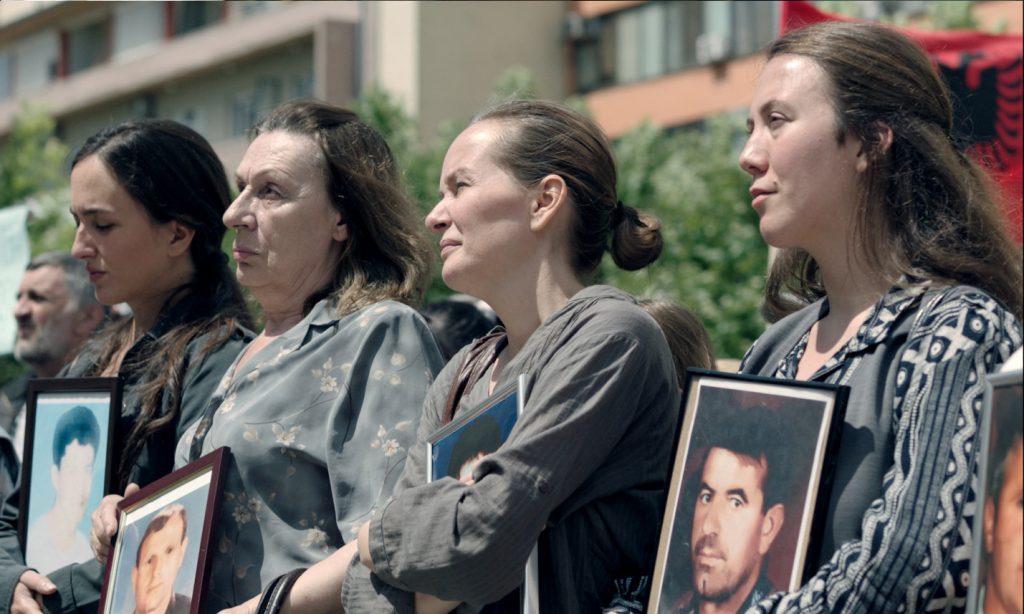
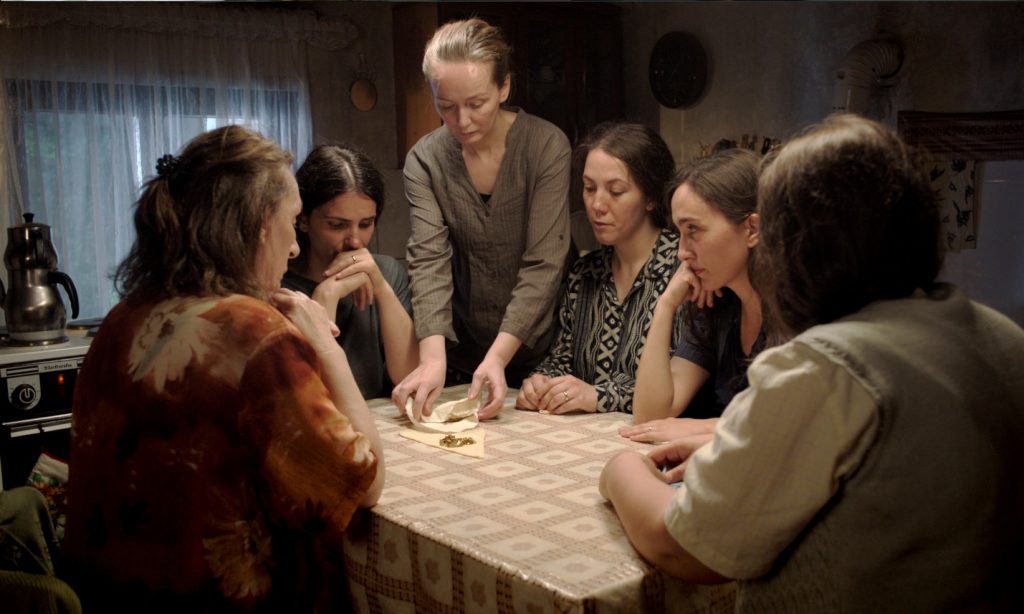
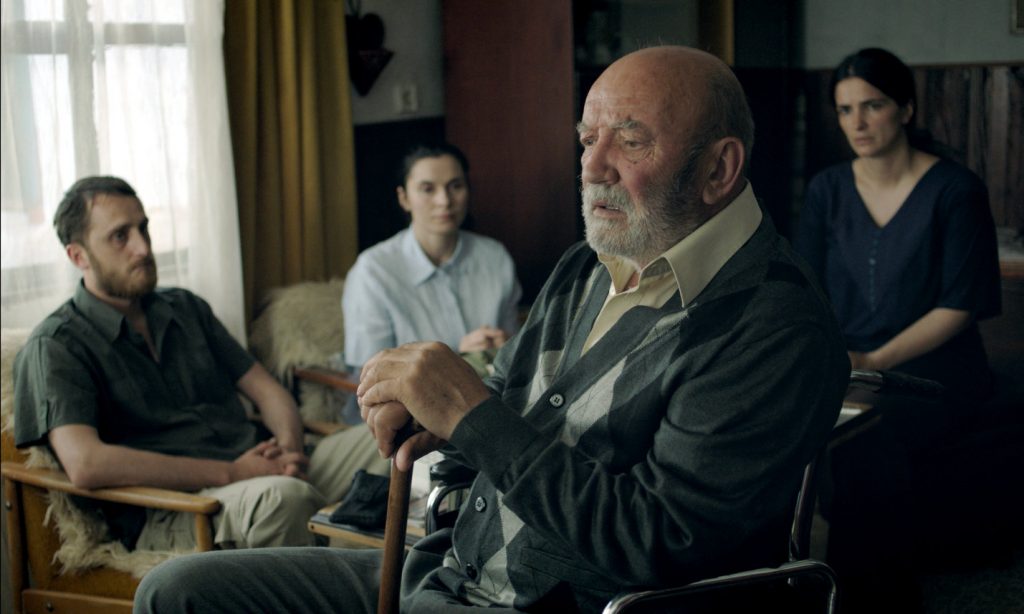
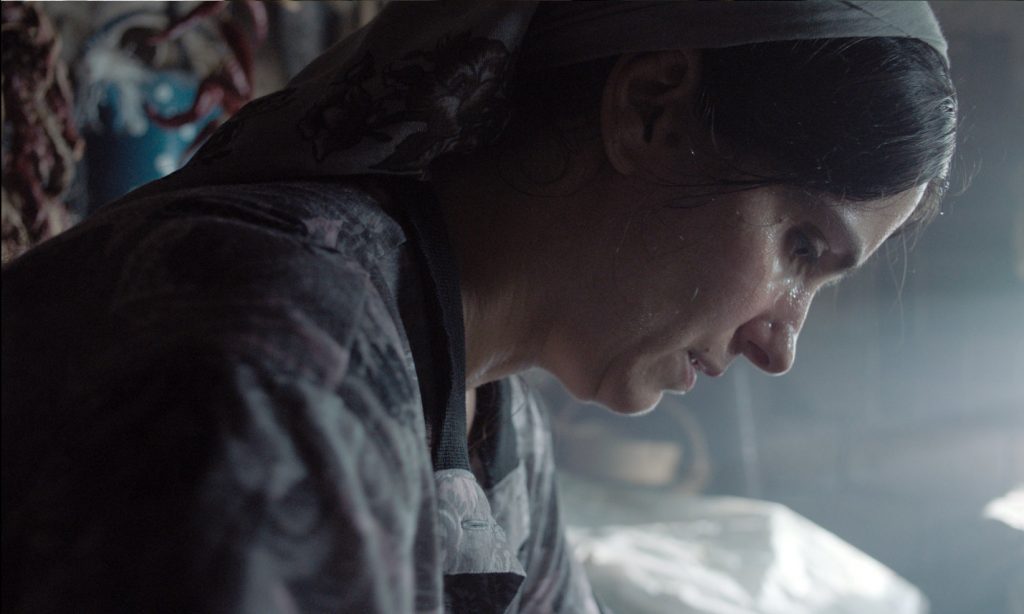
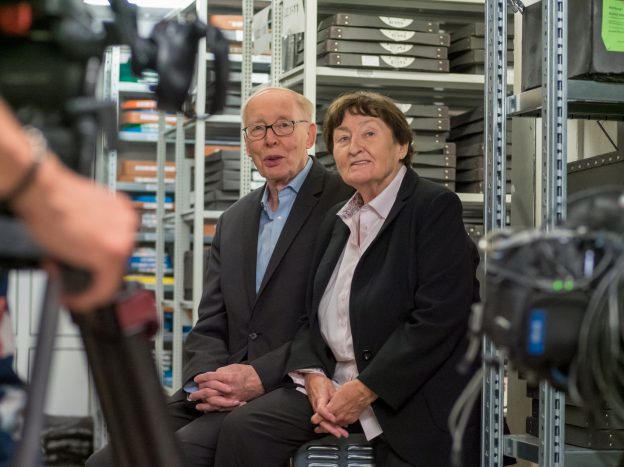
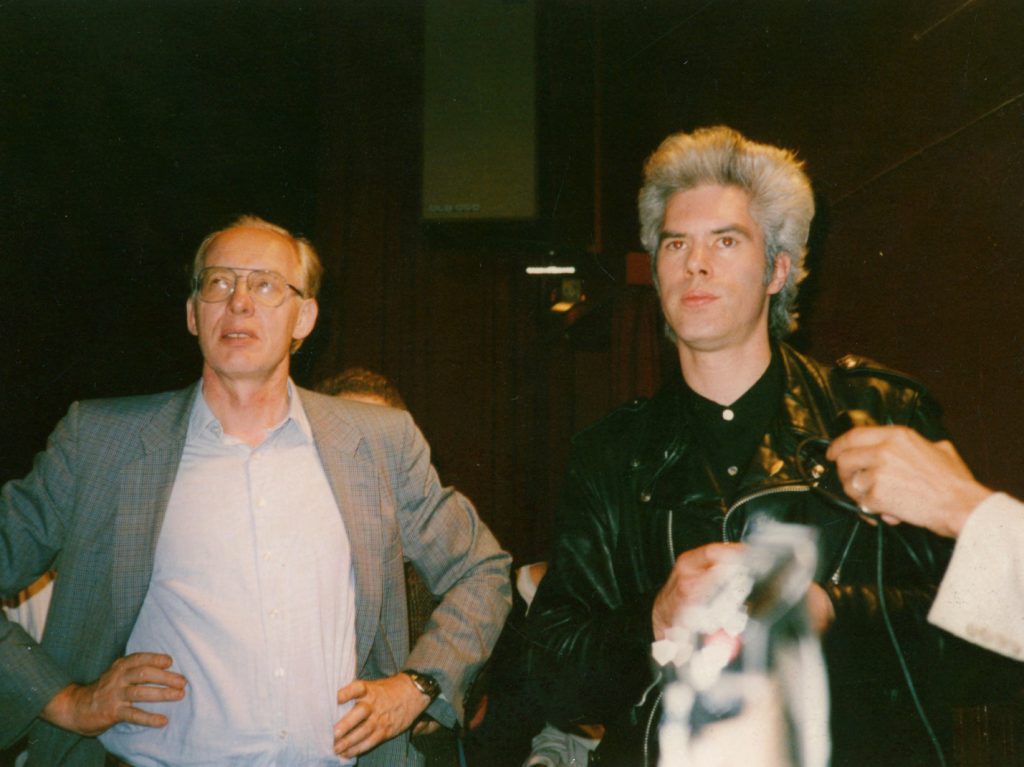
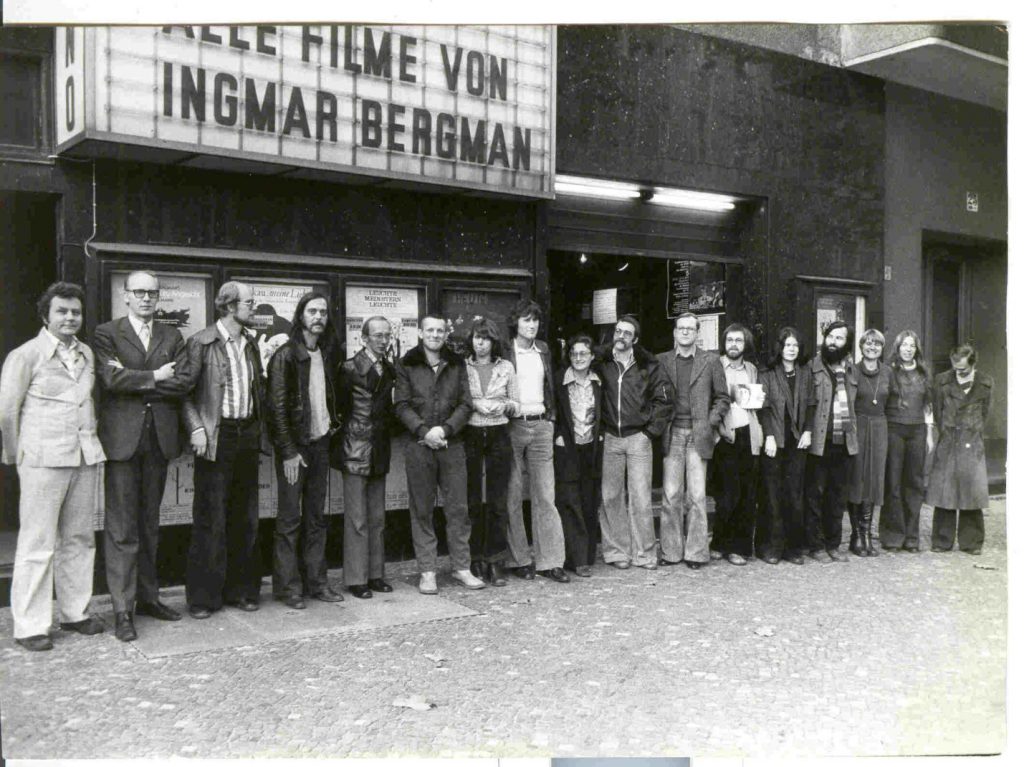
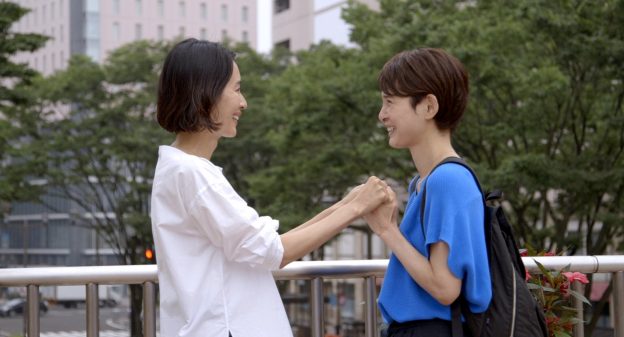
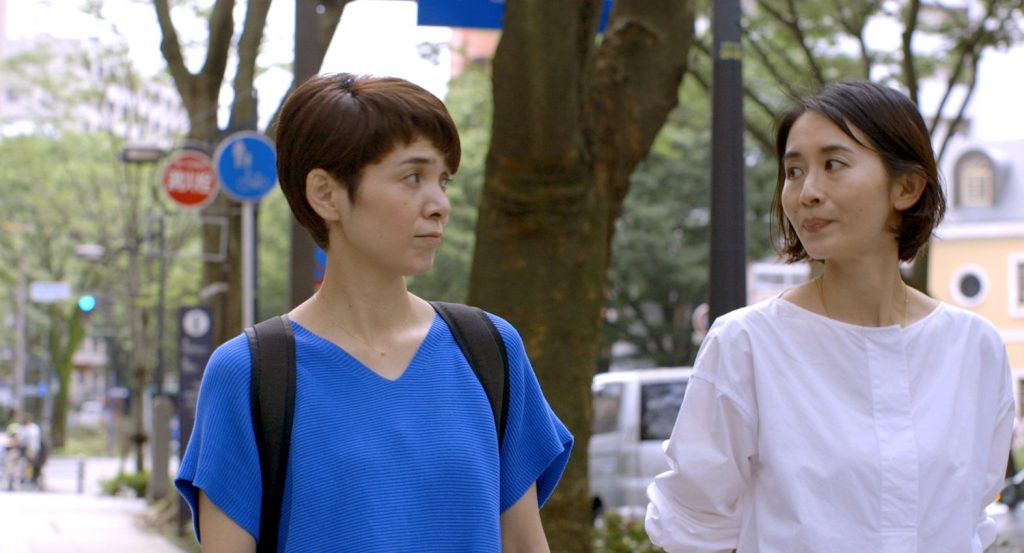
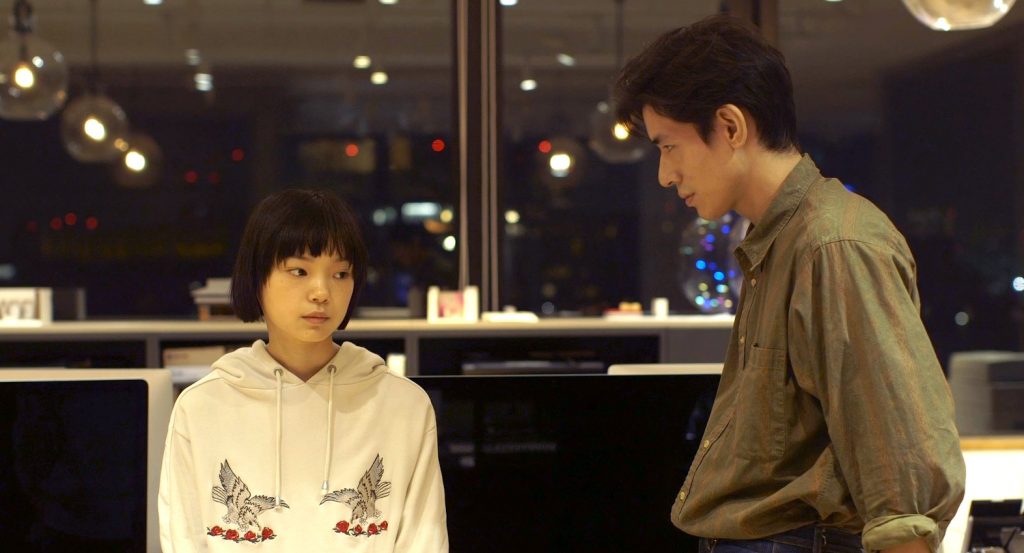
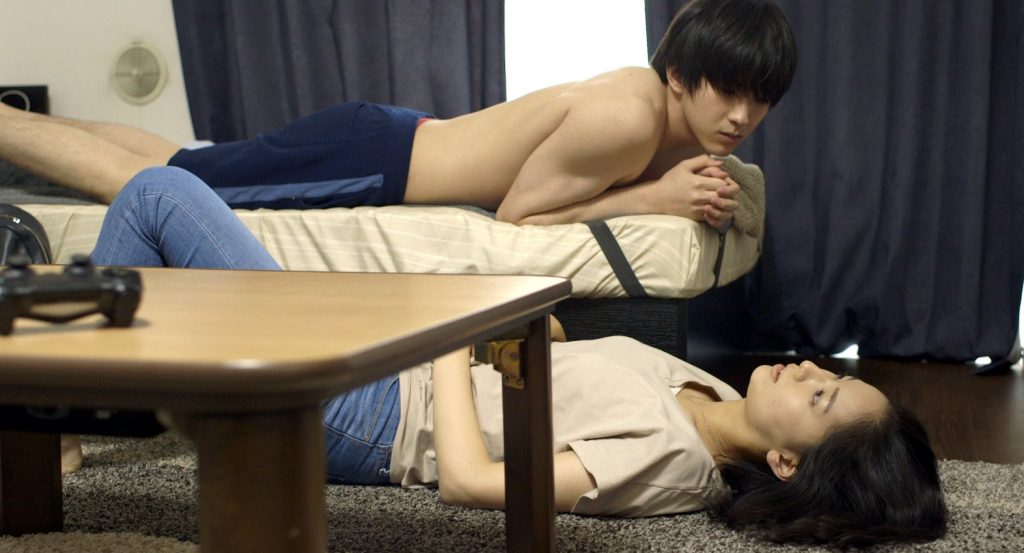
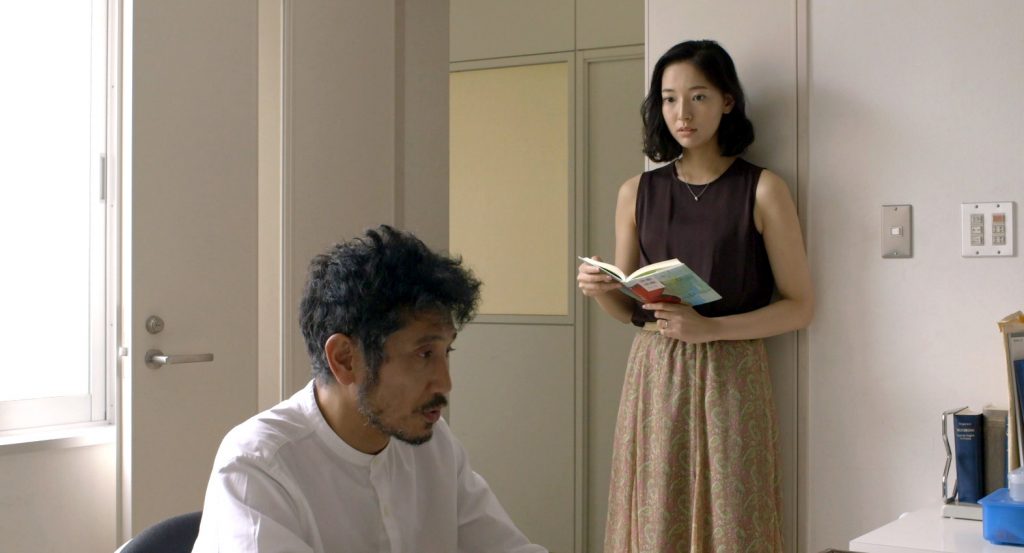
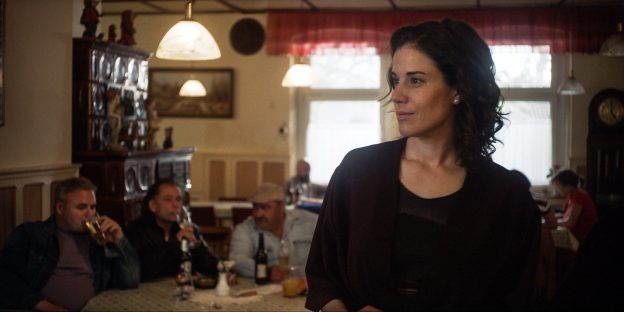
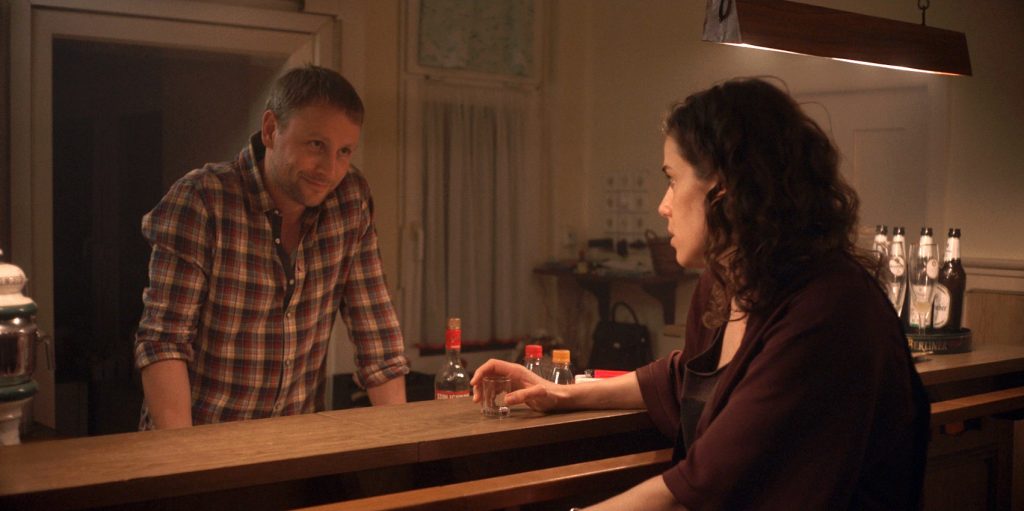
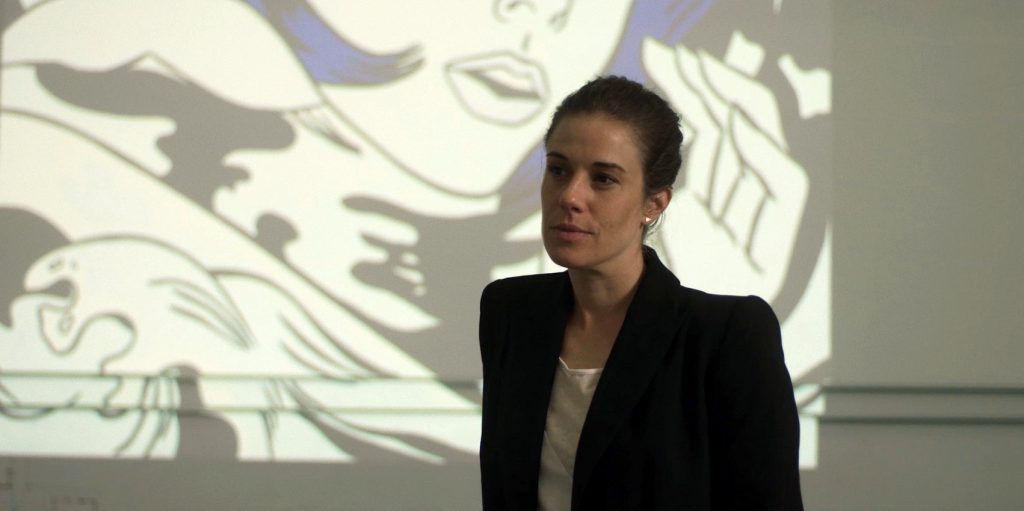
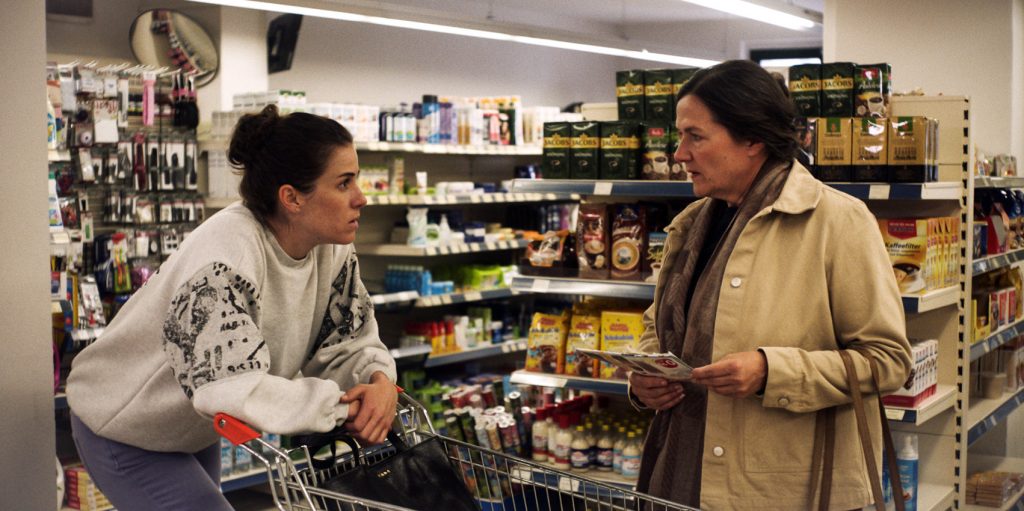
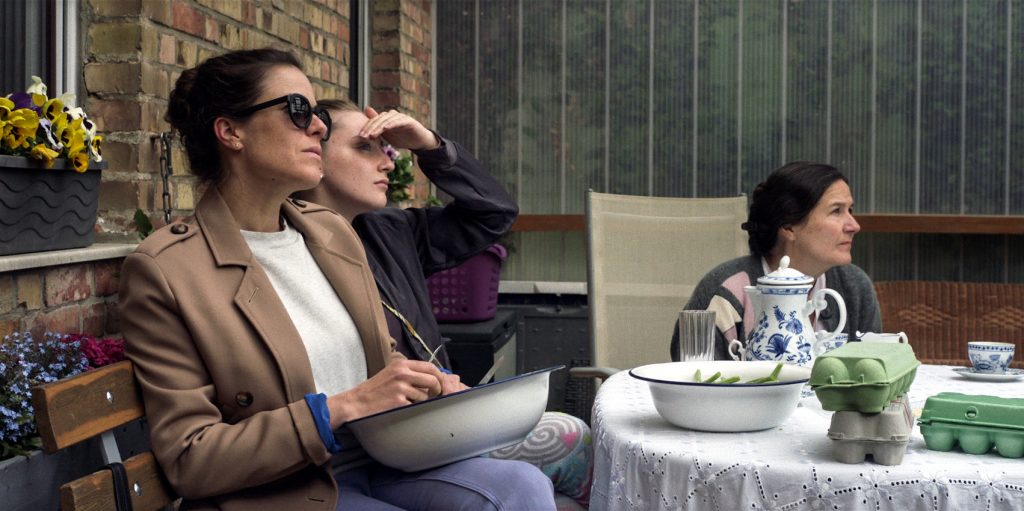
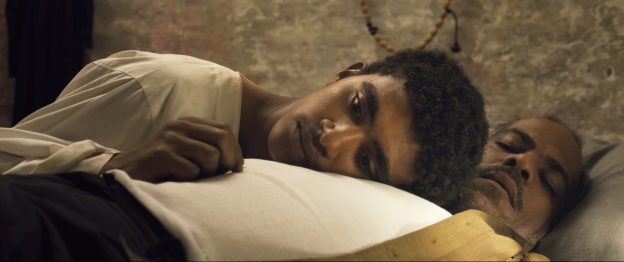
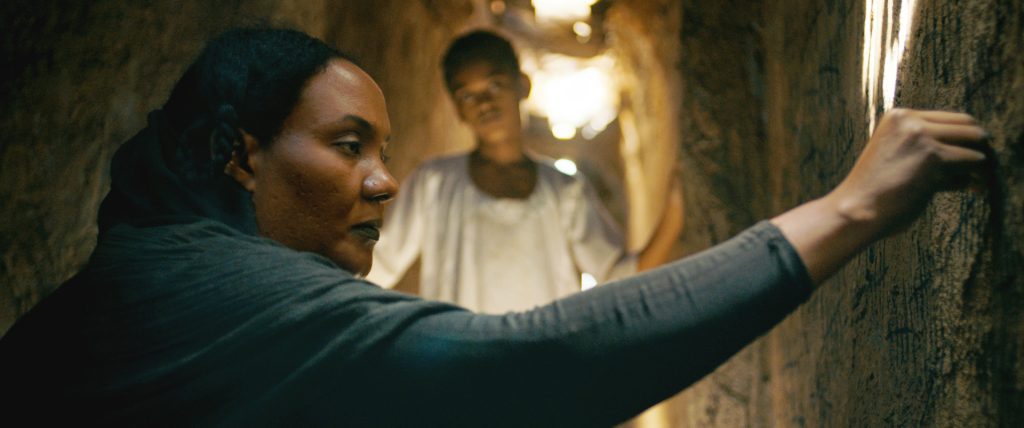
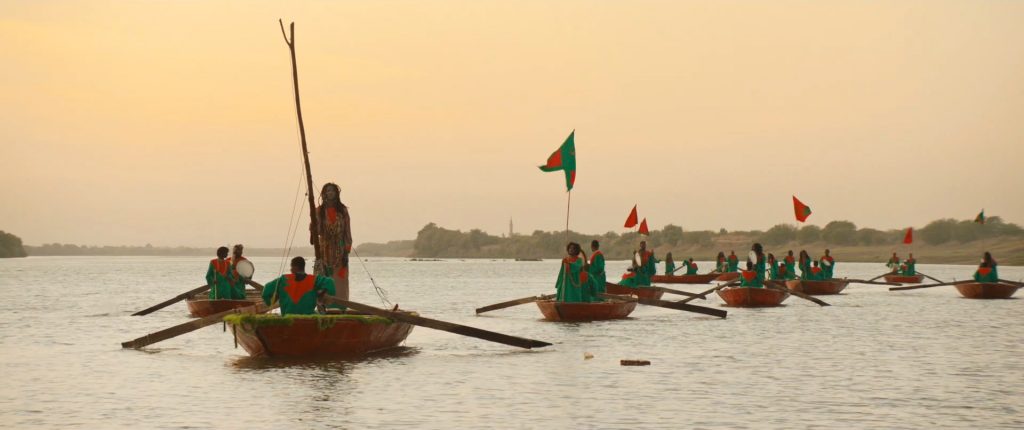
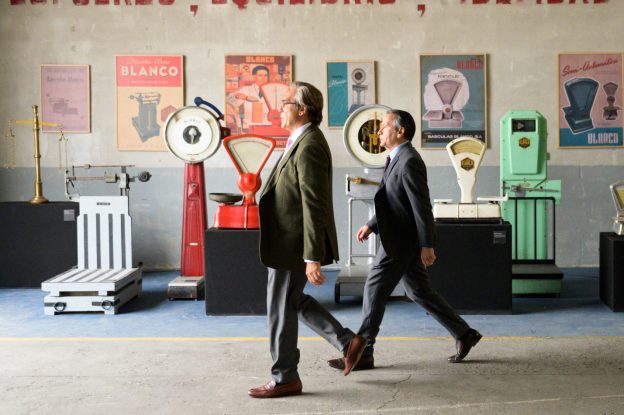
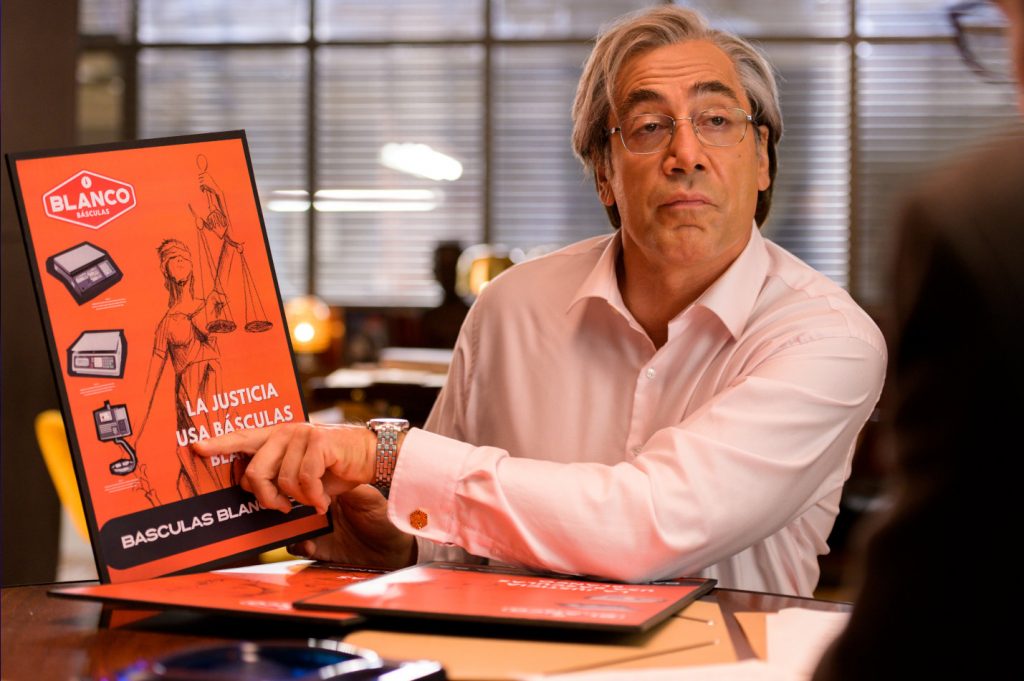
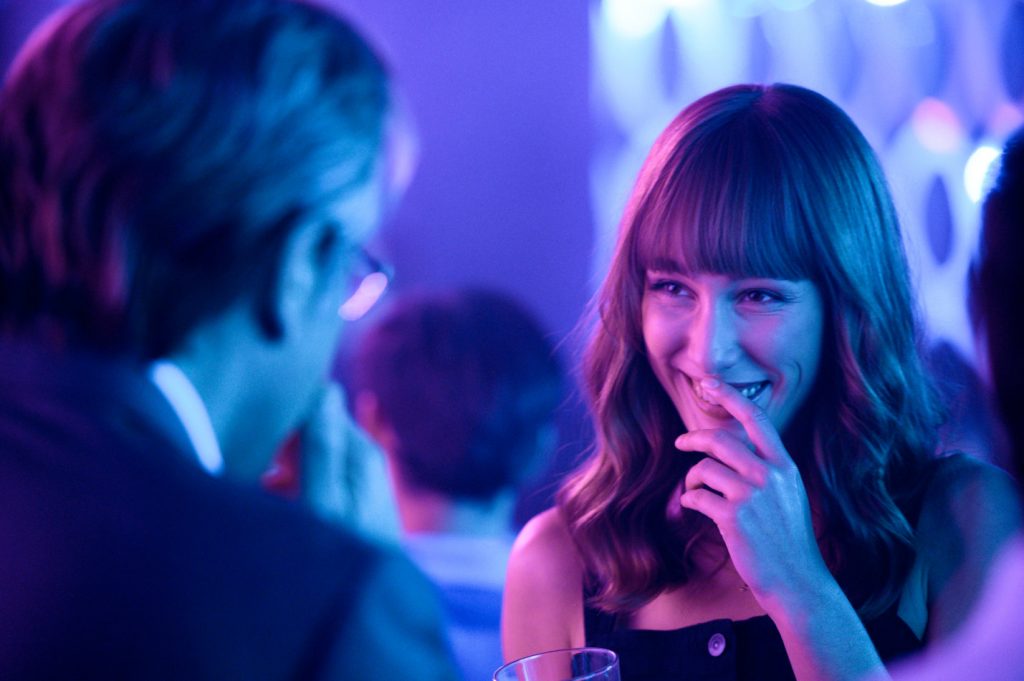
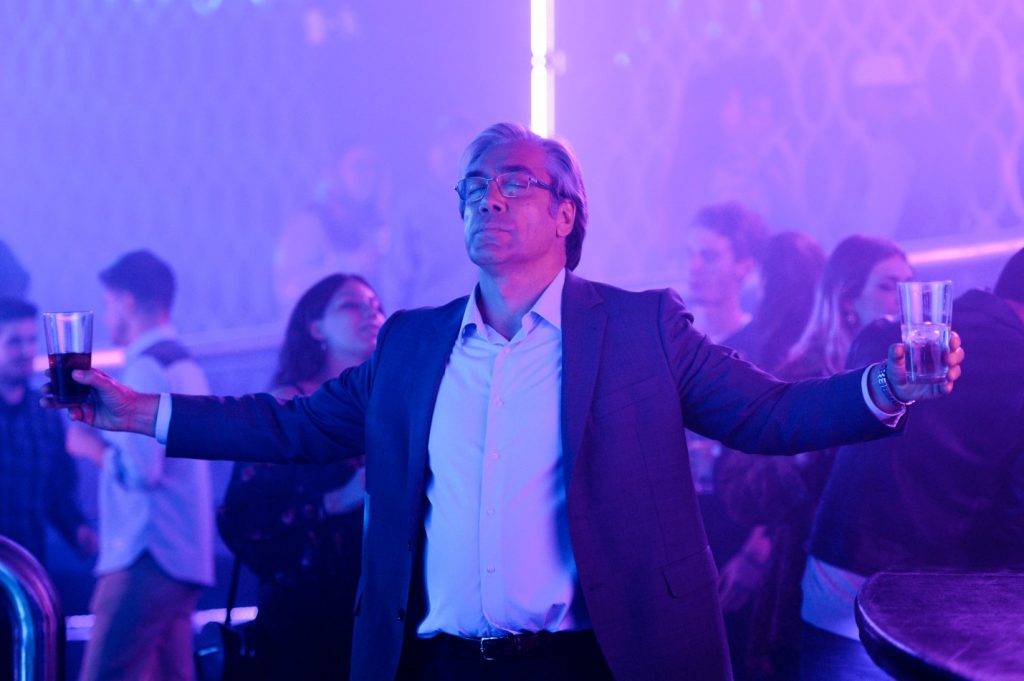
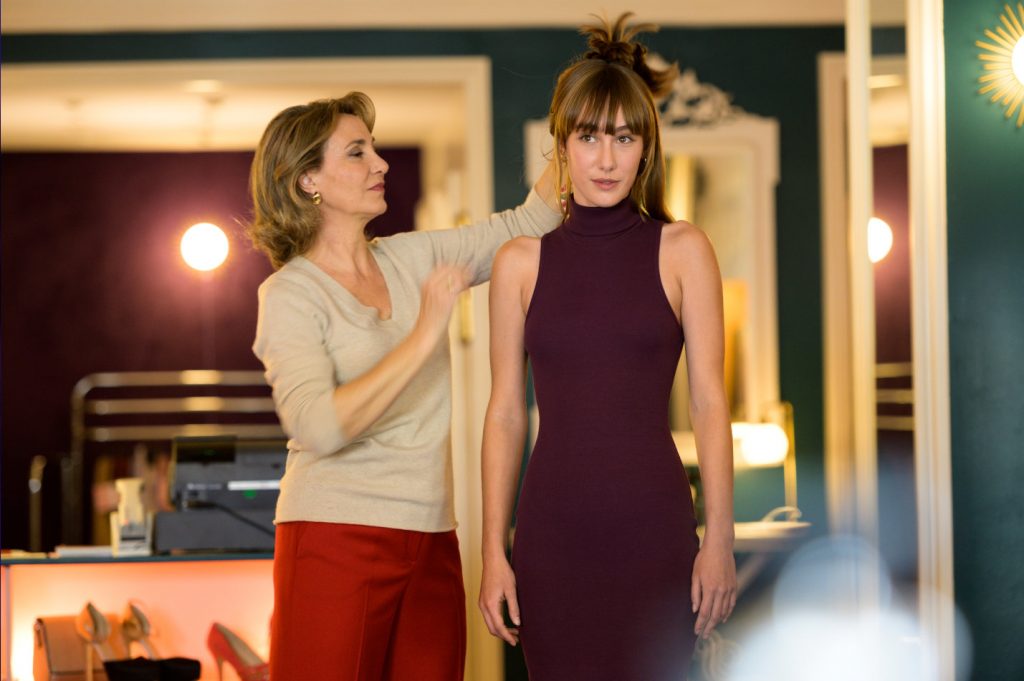
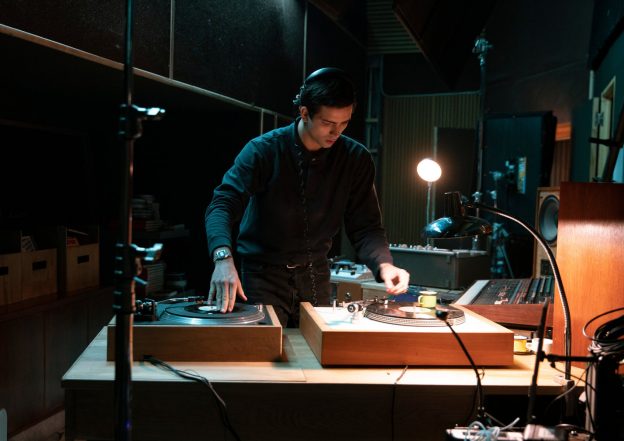
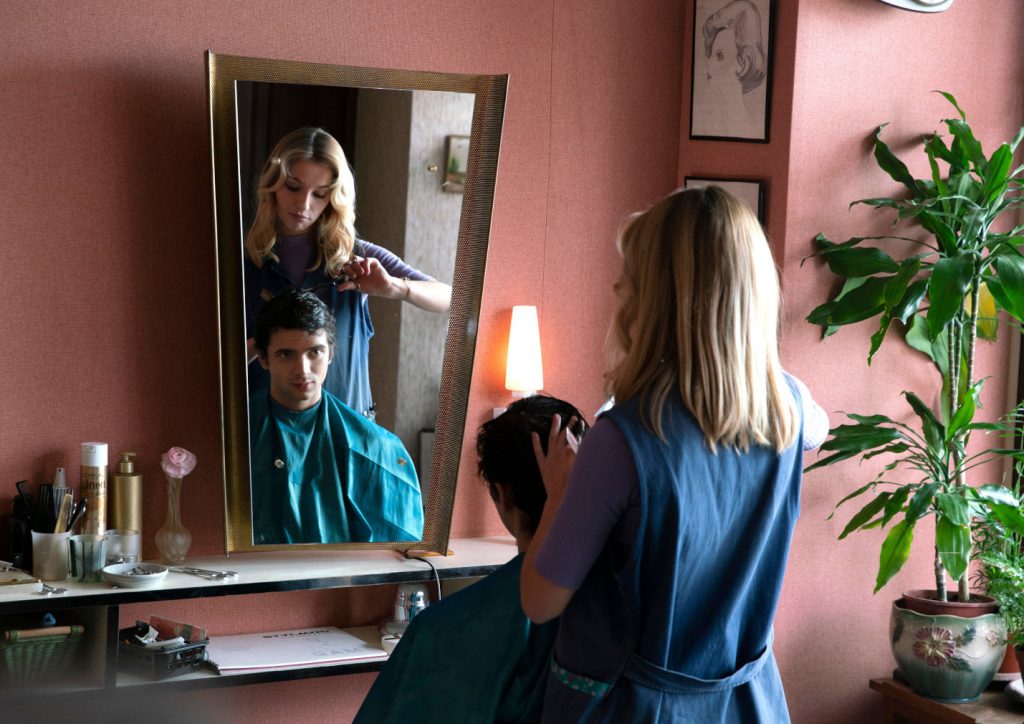
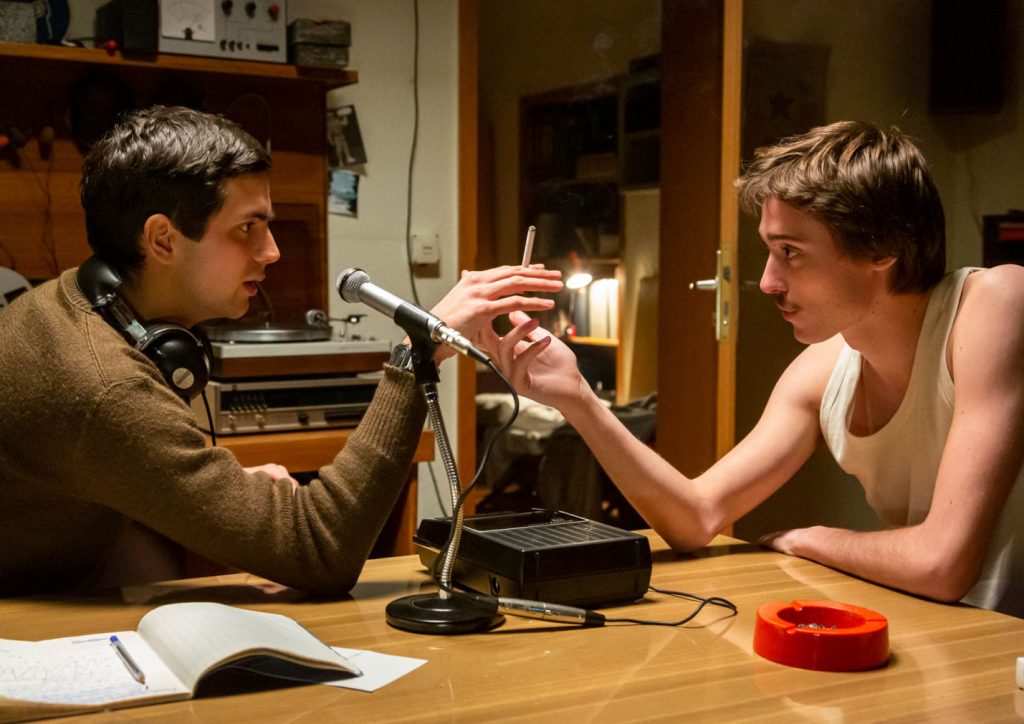
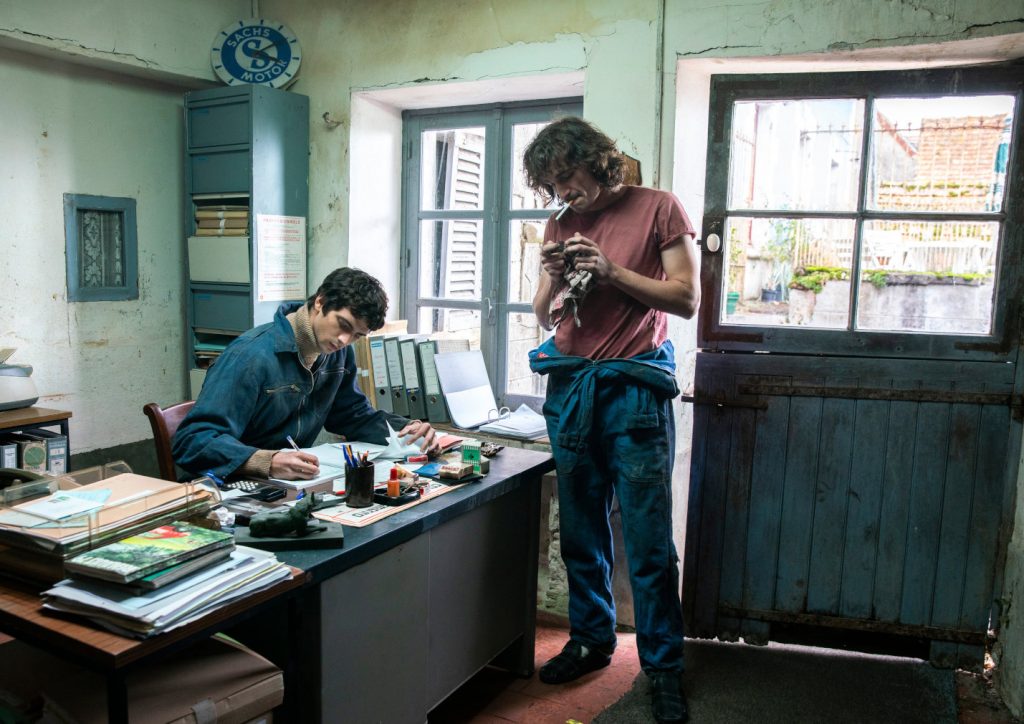
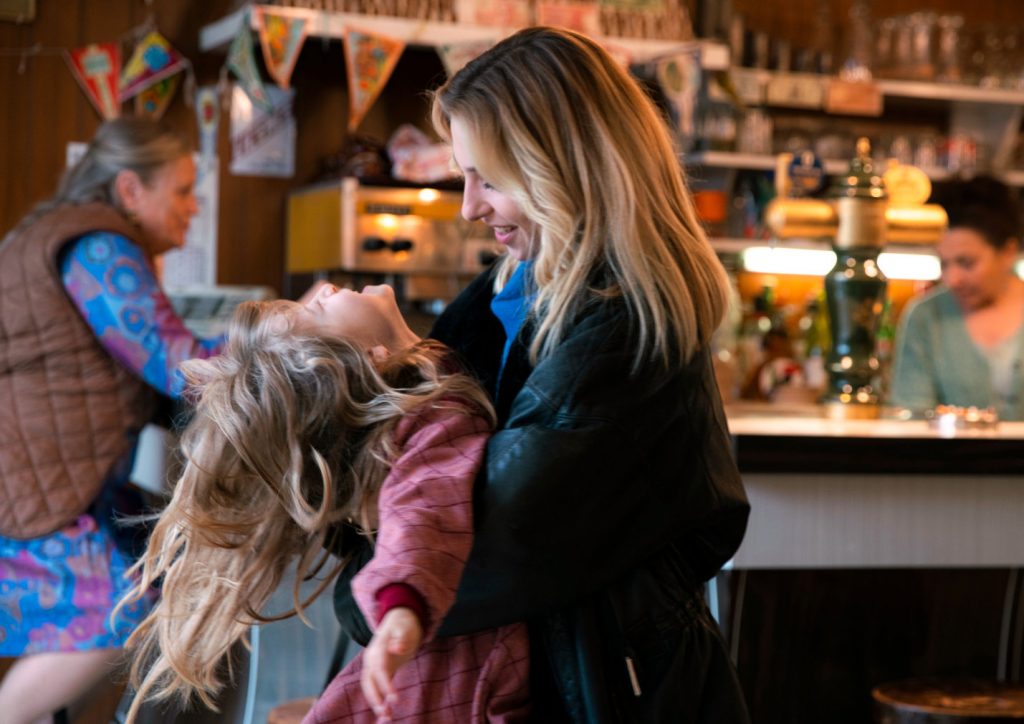
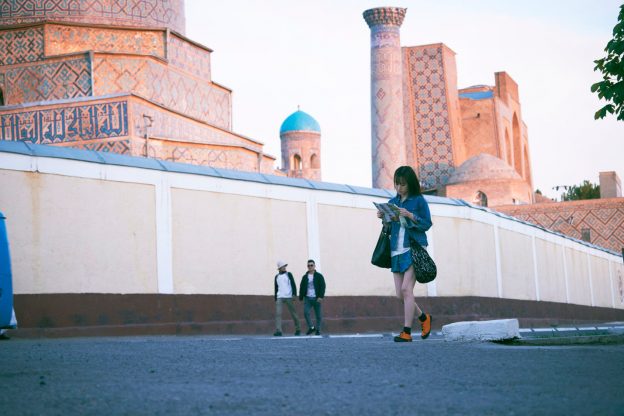
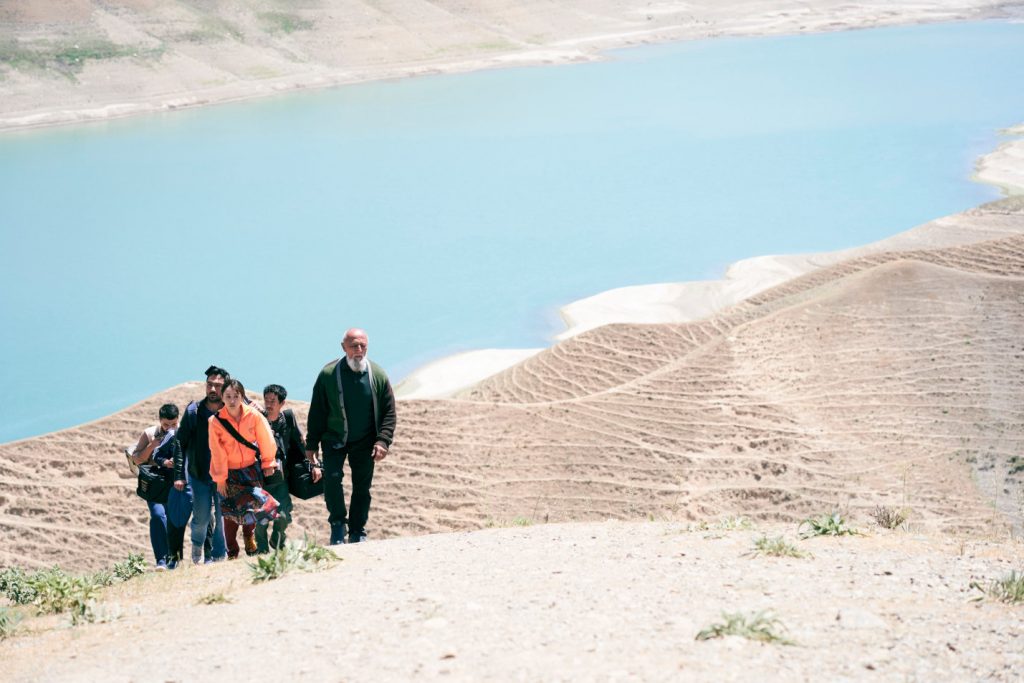

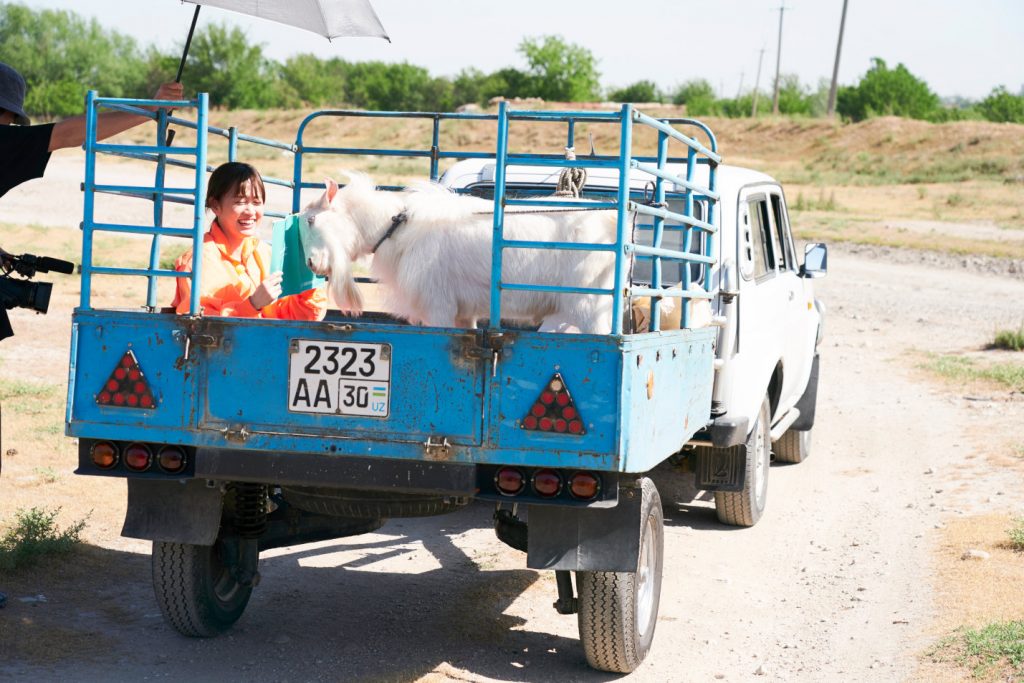
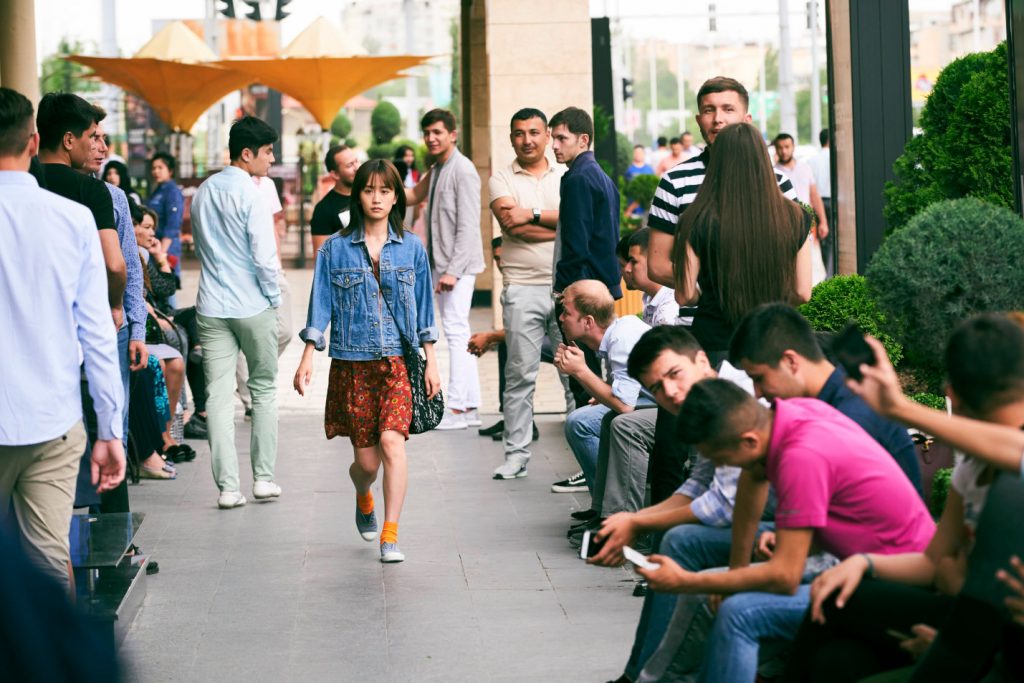
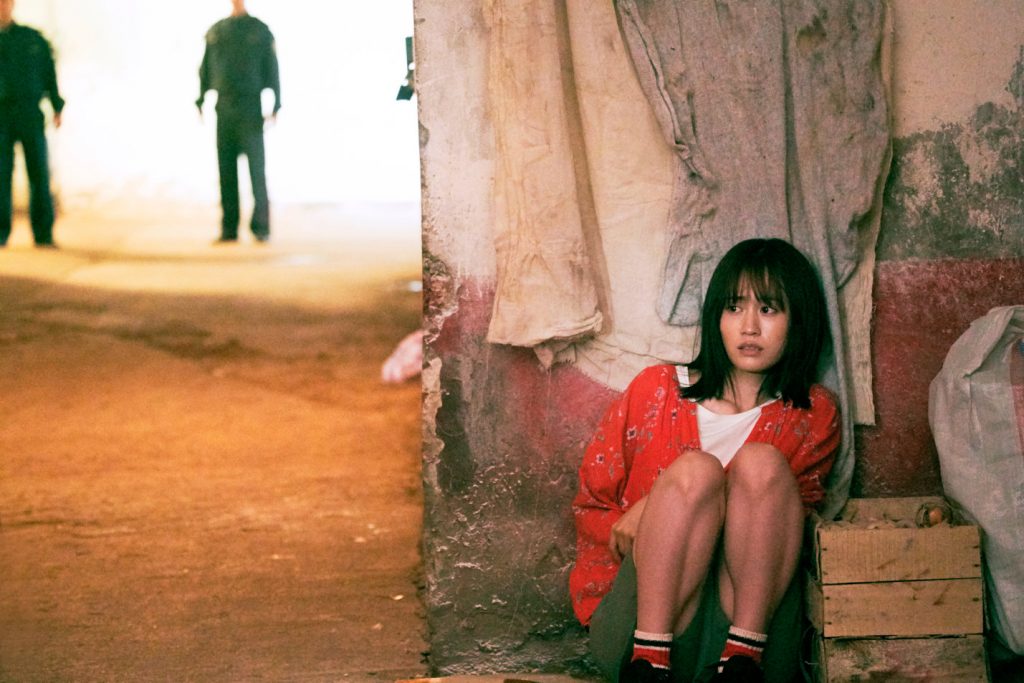
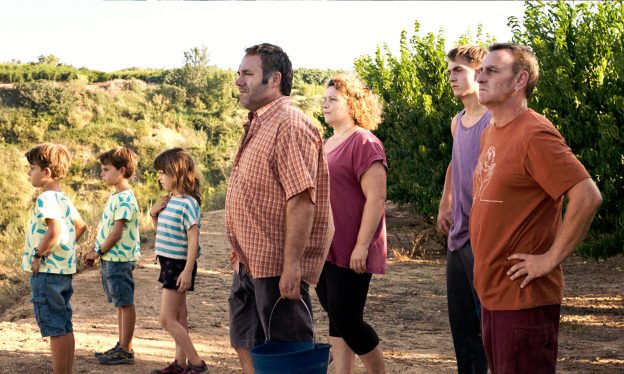
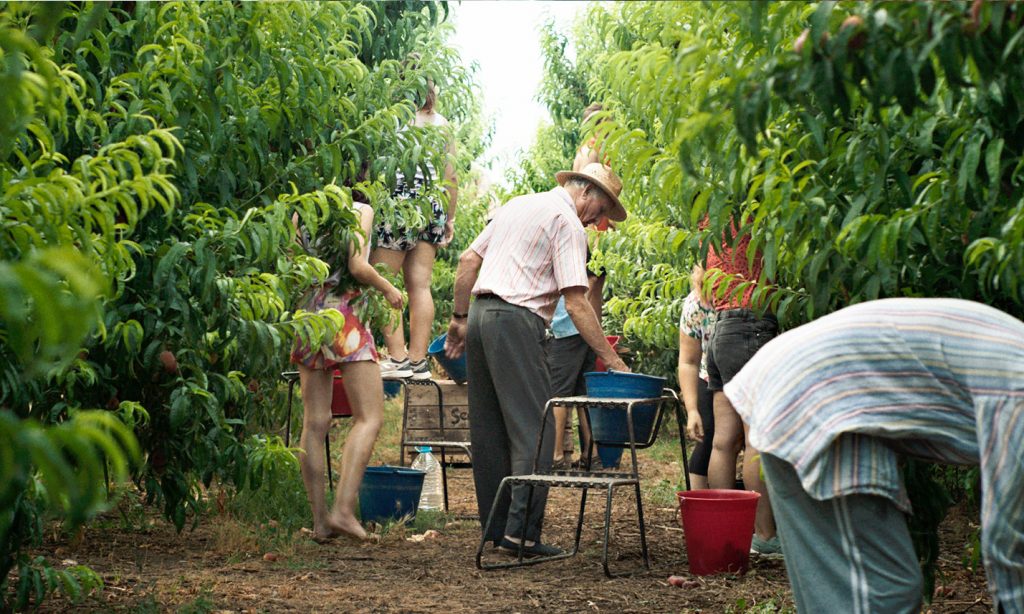
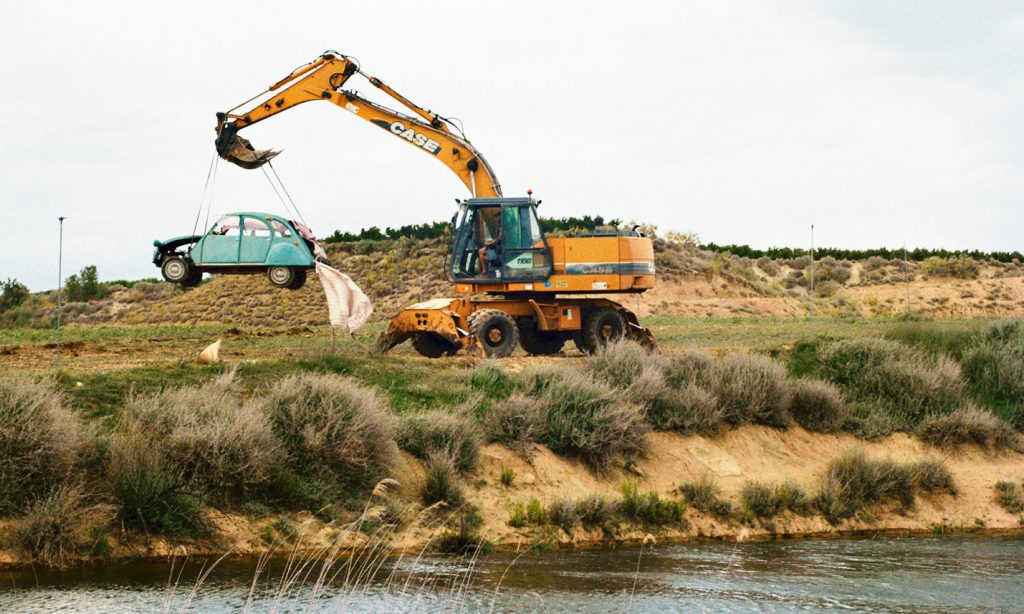
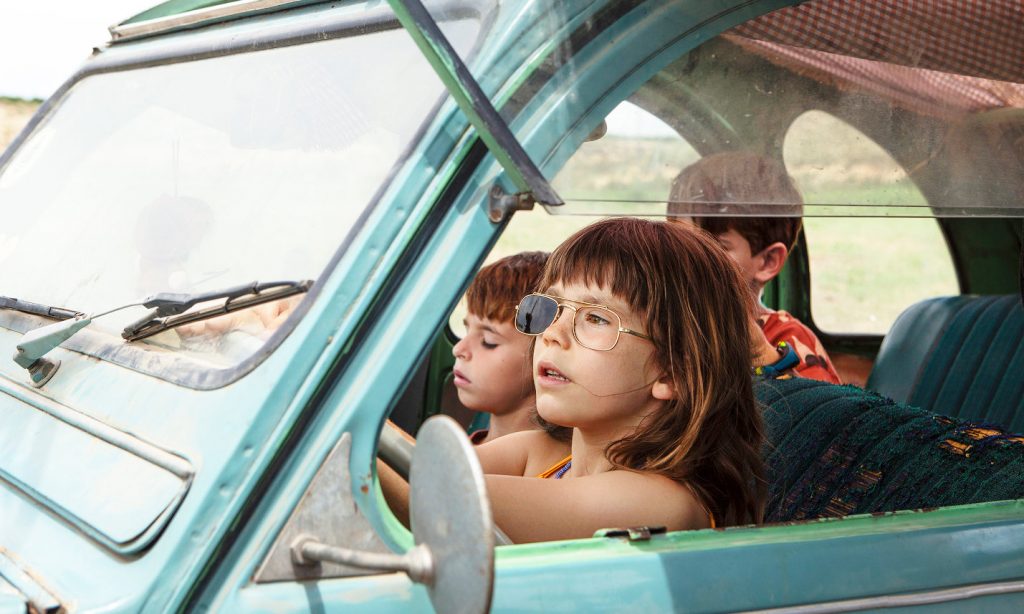
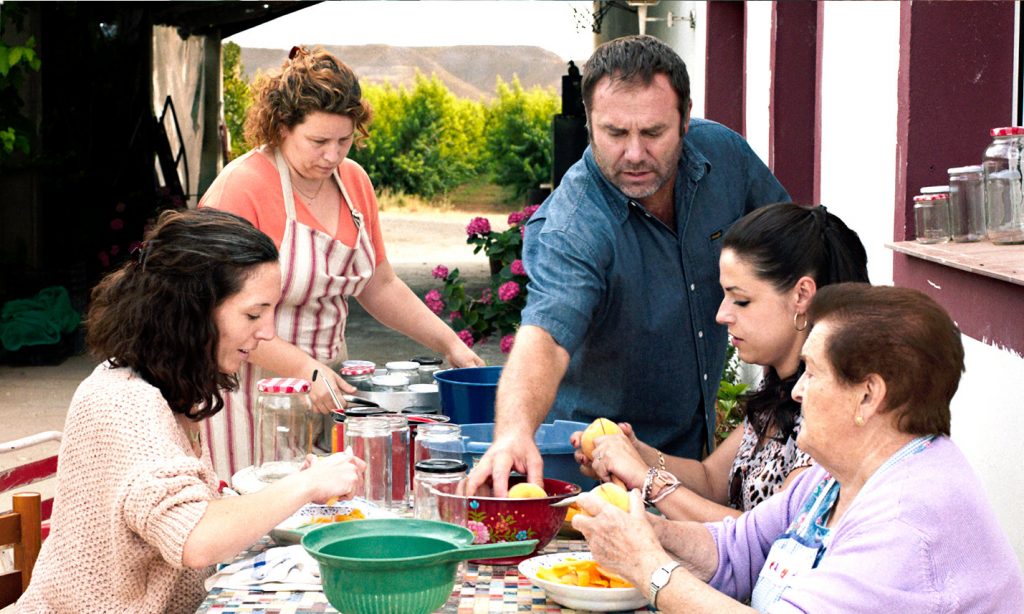

 Deutsch
Deutsch